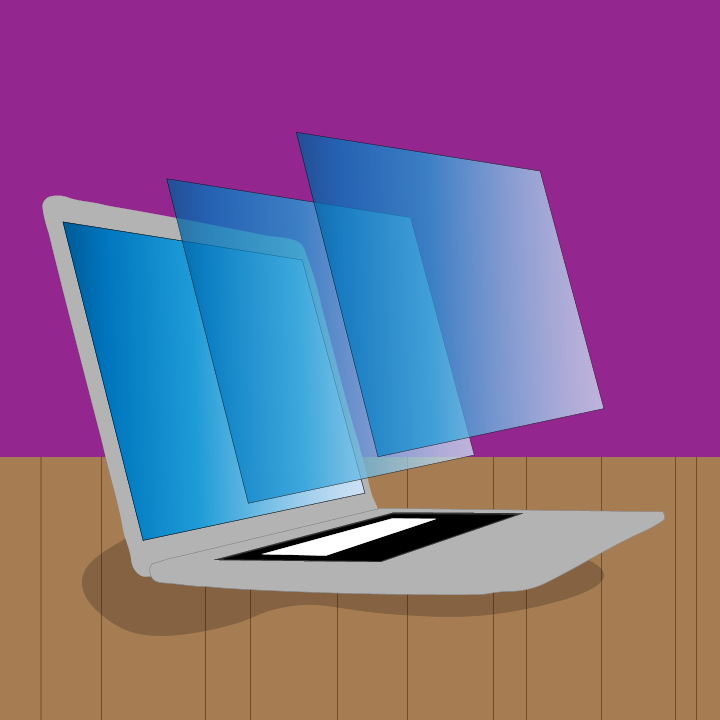Many Internet users don’t take online privacy seriously because they believe that they have nothing to hide. Even if you don’t want to secure your data from the curious eyes of big brother, you should be aware of other privacy threats on the Internet.
- Other states: Even if you trust your own government, do you trust other states? Many foreign governments take a keen interest in the online activities of other citizens.
- Marketers: Advertisers and other businesses use many methods to track your Internet activity to build an online profile that they can sell to other organizations.
- Acquaintances: Many people who are curious about you will consume your publicly available data that’s of a private nature.
- Stalkers: Ex-partners, jealous lovers, stalkers, or predators can use malicious software to breach your privacy. Some stalkerware can take your pictures and record your videos through webcams when you’re not aware. Stalkerware can also monitor your physical movements through the GPS on your laptop.
Share Your Data Sensibly
It’s a good idea to take basic security precautions on social media. Accept friend requests carefully. Verify suspicious-looking profiles to ensure that they’re legitimate. Limit posts that carry sensitive information to your friends and avoid sharing confidential information publicly.
When downloading apps, avoid handing out permissions needlessly. For example, does your fitness app really need access to your contacts, camera, and videos?
Of course, set strong passwords for all your social media accounts to keep hackers at bay. A good password should be at least 12 characters long and feature upper case letters, lower case letters, numbers, and symbols.
Avoid Suspicious Websites and Emails
Avoid visiting unknown websites and clicking strange emails and files. Cybercriminals can infect fraudulent websites, emails, and files with malware like adware or spyware that’s designed to breach your privacy, security, or both.
Stay Wary of Strangers
Trust your instincts and be cautious. Avoid friend requests from people you don’t trust. Likewise, please don’t click on links from such people as they may be Trojan horse attacks engineered to install stalkerware on your devices. Similarly, don’t accept tech gifts from strangers. For example, a USB drive or keyboard could be a keylogger that records your keystrokes, allowing a cybercriminal to read your emails or learn your login credentials.
Find a Good VPN Service
Protect your network with a firewall and a top-of-the-line VPN service. For example, Malwarebytes VPN protection will encrypt your data with its technologically advanced software and even mask your IP address.
Without your IP address, states, threat actors find it exceptionally challenging to track you to your location across the Internet. There are other advantages to subscribing to an excellent VPN service too. For one, you can bypass geo-blocks and consume entertainment from different parts of the world. For example, a VPN can allow you to watch Netflix USA while in Canada! But please steer clear of free VPNs as they’re slow, carry spyware, and may even spy on you.
In addition to network security tools, use advanced antivirus software to protect yourself from malware like viruses, worms, spyware, adware, ransomware, and even dangerous stalkerware. With the right cybersecurity software and some vigilance, you can surf the Internet all day stress-free.






